Plan Creation
SPORT PSYCHOLOGY
TUESDAYS & THURSDAYS
5 PM PST / 8 PM EST
ON SPORT PSYCHOLOGY
31 MAR 2026 - 7 MAY 2026
DURATION:
7 WEEKS
TUESDAYS & THURSDAYS
5 PM PST / 8 PM EST
Learn to help athletes excel under pressure and recover faster using cognitive strategies, motivation, and confidence-building exercises.
Join Sara Hickmann, Ph.D., a Clinical Sport Psychologist with 20+ years working in pro sports, and gain tools that will transform your athletes.
THIS COURSE IS FOR YOU, IF...
-
YOU’RE A COACH, TRAINER, OR PLAYER DEVELOPMENT PRO
Physical prep isn’t enough, you need to bridge the mental gap. This sport psychology course gives you tools like goal-setting, flow state techniques, and arousal control to boost athlete focus, resilience, and confidence. Learn to build team cohesion and implement sport psychology programs that sharpen competitive edges.
-
YOU’RE A MENTAL PERFORMANCE OR WELLNESS COACH
Your athletes are juggling pressure, expectations, and mental fatigue, and they need more than general coping tips. Sharpen your skills with strategies like self-talk restructuring, anxiety management, and energy regulation. You'll learn to support resilience, manage anxiety, and foster confidence under the spotlight.
-
YOU’RE A REHAB SPECIALIST OR TEAM PHYSICAL THERAPIST
Recovery is mental as well as physical. Gain tools like visualization, confidence-building, and motivation techniques to support athletes through injury rehab and fear of re-injury. Integrate psychological strategies with physical therapy for stronger, more complete recovery.
-
YOU’RE A PSYCHOLOGIST PIVOTING INTO SPORTS
You’ve got the psych background, but need sport-specific skills. Learn applied sport psychology through real case studies and athlete insights. Build confidence to design mental skills programs, consult with teams, and support elite athlete performance.
Our students work in 1600+ companies worldwide
This isn’t just theory , it’s practical sport psychology training. You’ll write visualization scripts, develop self-talk plans, map performance zones, and analyze real sport scenarios. Each module features applied assignments designed to sharpen your skills and cement your knowledge.
From Phelps to Biles to Steve Kerr’s Warriors, you’ll break down the wins, the losses, and the mental strategies behind them. Add in live guest speakers, including a pro MMA fighter and a former AHL trainer, and you’ve got a seat to elite sport psychology in action.
Choose your arena: consult a real athlete or analyze a near-miss team performance. You’ll design a custom mental performance plan backed by research, quotes, and real-world observations. A showcase piece for your resume, interviews, or next consulting pitch.
- Worked with elite athletes in the NFL, NBA, NHL, and NCAA for over 20 years
- Led mental skills training for Navy SEALS and Naval Special Warfare teams
- Earned a BA in Psychology from UCLA, MA in Sport Psychology from SDSU, and a Ph.D. in Clinical Psychology from UMass Amherst
- Holds licenses in California, New York, and New Jersey
- Presented the first-ever sport psychology workshop for student-athletes in Turks & Caicos

Start your journey with a full view of the plan ahead. Meet your instructor, explore the course structure, and get excited.
- Meet your instructor
- Course structure
- Workshops, case studies, demos
- Assignments & final project overview
Understand the evolution of sport psychology: where it started, how it’s evolved, and what it really takes to work in the field. Explore trailblazing figures and today’s career paths to connect the big picture with your own goals and experiences. You’ll learn how to navigate roles, handle sensitive data ethically, and tackle real-world challenges with insights from a pro who’s been there.
- Sport psychology: History & evolution
- Influential people & contributions
- Principles of sport psychology
- The role of coaches, trainers, support staff
- Team vs. individual training
- What is confidential? Ethical considerations
- Workshop: Discussion: Share your own experiences and set personalized learning goals
Learn why athletes lose control, what triggers impulsive reactions, and how to stop small sparks from blowing up into career-changing incidents. Spot the struggles, know the signs. From anxiety to insomnia, learn how mental health challenges show up in athletes, what support looks like, and how to step in when it matters most.
- Mental health conditions & clinical sport psychology
- Anxiety, depression, OCD, ED, substance abuse, PTSD, insomnia, ADHD
- Impulse control
- Functional vs dysfunctional aggression
- Emotion regulation issues
- Case study: Draymond Green headlocks Rudy Gobert
- Case studies: Simone Biles & Kevin Love
- Workshop: Barriers that stop athletes from getting help
Assignment #1 (optional): Identify a media story of an athlete who has been suspended/arrested. Reflect on what might have led up to these consequences.
Get why team chemistry isn’t buzz, but the secret behind winning teams. Learn how trust, communication, and managing tough personalities shape the game on and off the court.
- Building relationships, cohesion, trust, respect
- Team building exercises & shared goals
- Communication issues & managing conflict
- Leadership failures
- Case Study: Steve Kerr & Golden State Warriors
- Workshop: Discussion: Managing a high-conflict, high-impact player while preserving team trust, cohesion, and performance
Break down what confidence is, how the brain builds or breaks it, and why even pros can lose it. Learn the difference between playing to win and playing not to lose, and pick up tools to keep your athlete’s head in the game, no matter the pressure.
- Prime confidence vs. confidence
- Confidence vs. competence
- Confidence components: Preparation, adversity, support team
- When athletes lose confidence: The yips and choking
- Playing to win vs. playing not to lose
- Workshop: Discussion: Deepen your understanding of confidence in athletes
Figure out how to turn big dreams into doable steps. Learn how to set the right kind of goals for athletes, both daily wins and long-term targets. Put it into practice with real-world examples.
- Goal-setting as a key motivational strategy
- SMART, shared, daily, short-term, and long-term goals
- Process vs outcome goals
- Team vs. individual goal-setting
- Case Study: Michael Phelps and The Mindset of Goals
- Workshop: Discussion: Analyze the case study, share insights, and practice applying goal-setting strategies to help athletes succeed
Assignment #2: Complete the Goal Setting Worksheet using the SMART method, including process and outcome goals.
Learn how self-talk can harm performance, as well as how athletes need to manage the outside voices coming into their minds. Spot the unhelpful chatter, reframe it into something useful, and keep the focus.
- The power of self-talk: How the brain processes words
- Negative, critical voices: Where do they come from?
- Reframing inner voice: Present, positive, accurate
- Technical vs. motivational words
- Social media, coaches, friends, and family
- Case Study: LeBron James
- Workshop: Brainstormingself-talk for 5 competition scenarios
Assignment #3: Make “flash cards” for 5 scenarios and self-talk to go with the situation. This would include scenarios and 3-4 statements to help with performance.
Learn how to perform your best when it matters the most. Explore how to switch your brain and body into “game mode” on demand. We’ll break down the science of arousal control, study how pros hit their flow state, and test breathing techniques you can actually use when the pressure’s on.
- Research studies
- Yerkes Dodson Curve
- Achieving flow state: Insights
- Case Study: Tyrese Haliburton - Pacers NBA Finals 2025
- Demo: Breathing exercises: Diaphragmatic, box, 360
Assignment #4: Create your own Optimal Zone of Performance curve, marking the zones, adjectives, and ways you can dial up or down the level or arousal.
The brain is a muscle that needs training just like a bicep. Learn how focus works, why it slips, and how to pull it back fast — with tools, techniques, and a few mindfulness hacks to use anytime, anywhere.
- Types of attention: External, internal, broad, narrow
- Focus & attention training: Biofeedback tools
- Developing a “reset” button & bouncing back from errors
- Mental errors
- Demo: Seated & mantra meditation, mindfulness techniques
Assignment #5: Watch the Roger Federer video and write a one page reflection paper on the sport psychology principles in his commencement speech.
Learn how to keep athletes running on a full tank, physically and mentally. From smart routines to brain breaks, body scans to hydration hacks, you’ll get practical tools to help them finish strong.
- Mental vs. physical energy
- Routines: Night, morning, pre-competition, pre-shot, etc.
- Brain breaks
- Nutrition & hydration
- Demo: Body scan & gratitude practice
Assignment #6: Watch 15 minutes of a live or televised sporting event. Take notes & write reflection of the following: body language, routines, coaching, etc.
Learn how professional athletes use visualization and why relaxation isn’t just “nice to have” but key for faster recovery. You’ll see how both work together, explore common roadblocks, and try them out in real time.
- Science of using visualization
- Types of visualization
- Visualization for injury recovery
- Barriers & challenges
- Demo: Progressive muscle relaxation technique: Visualization exercise
Assignment #7: Write out a short visualization script for an athlete who wants to improve a specific skill: passing, throwing accuracy, shooting a free throw, pitching, etc.
Help athletes get back in the game. Explore how injury impacts mindset, learn practical rehab interventions (including therapy), and hear firsthand from an MMA fighter who’s been there, fought that.
- Psychology of injury
- Pain management
- Interventions with injured athletes including CBT
- Creating an integrative team
- Guest Speaker: MMA Fighter
Assignment #8 (Optional): Write a short reflection paper on what you learned from the guest speaker.
Wrap up your journey by reflecting on what stuck and how you’ll use these skills in the real world. Tackle any roadblocks ahead, build your support network, and plan your next steps for ongoing growth.
- Key takeaways
- Problem-solving
- Creating a support team for career goals
- Future training & education
- Workshop: Reflection & discussion
Assignment #9 (Optional): Write a reflection paper on any of the videos or articles in the library.
Final Project: Individual Athlete or Team Mental Performance Improvement Strategy
What our students say

"I took the Sports Marketing & Partnerships course with Scott and Chris. The class was well thought out and I found the information to be very insightful and helpful. I learned not only a lot about Sports Marketing but Partnerships in general that I plan to use no matter what industry I go into. I would recommend ELVTR to anyone who wants to further their education and take their career to the next level."

"I really enjoy the format of the course. Lectures with real life examples and an ongoing case study. Also built in 20 minutes at the end of each class for questions is helpful."
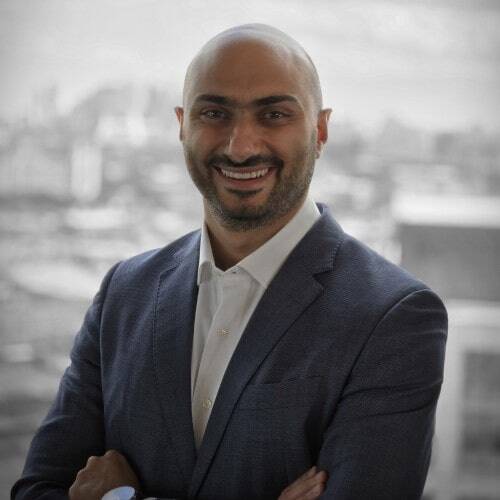
"The Sports Partnerships and Marketing course offered by ELVTR surpassed my expectations in every way. The content was meticulously crafted, providing in-depth insights into the intricacies of the sports industry. The instructors were not only knowledgeable but also incredibly supportive, fostering an environment conducive to learning and growth. I highly recommend this course to anyone looking to make strides in the Sports field."
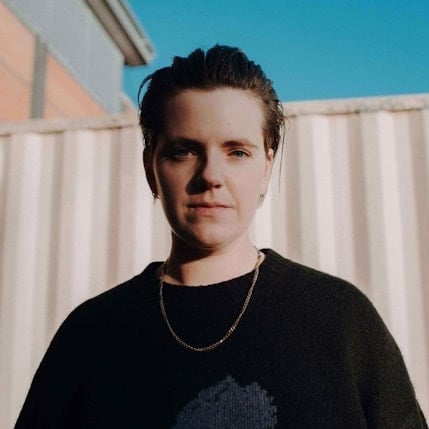
"Overall I'm impressed with the level of detail and explanation around particular topics and subjects. There's a real depth to each module which for learning allows the information to stay in your brain."

"The group activities, they allow us to interact and exchange ideas, plus the way it is structured is challenging and mind twisting as we collaborate in different parts of the ideation."

"I had a fantastic experience with Elvtr's Sports Marketing & Sponsorships course. The instructors were not only reputable but also incredibly engaging, enriching the lessons with real-world examples, anecdotes, and relevant guest speakers. The course content was well-structured and easy to follow, with assignments that were both enjoyable and practical. Additionally, the support staff was attentive and responsive throughout the course. I highly recommend this course to anyone interested in the marketing side of the sports industry."

"I enjoyed the structure of the class. I like how we learned about a topic and practiced it in the workshops. It’s helped me to apply what I learned!"



